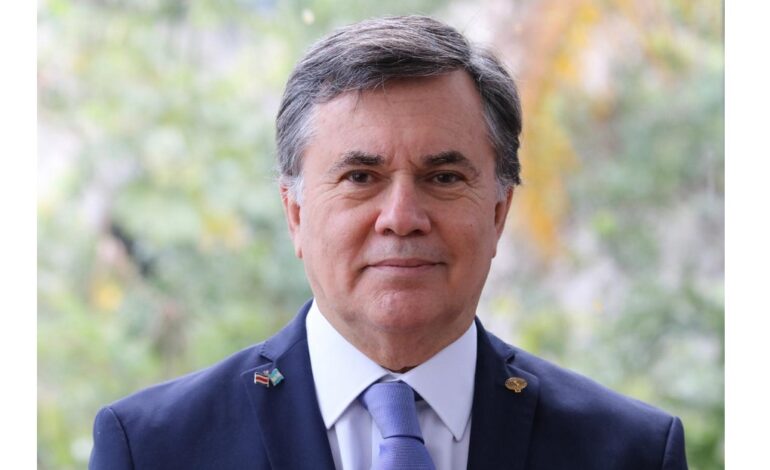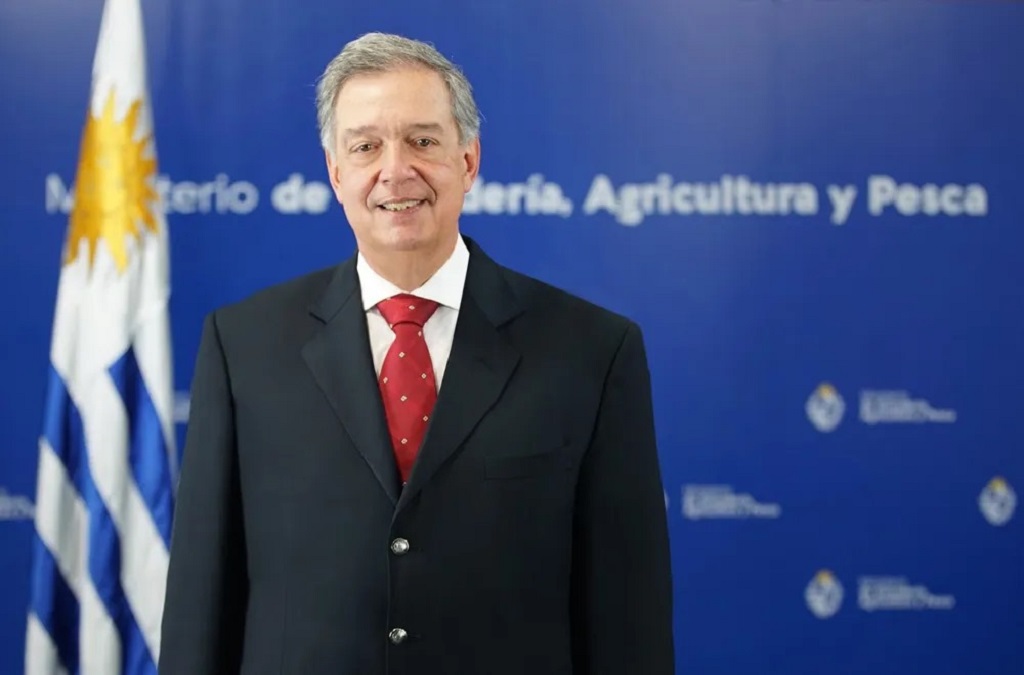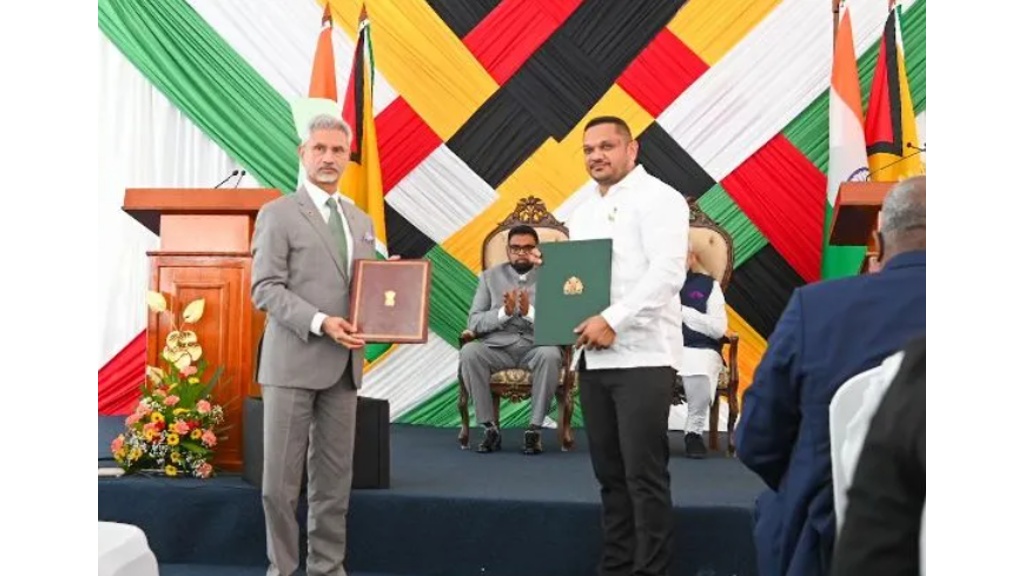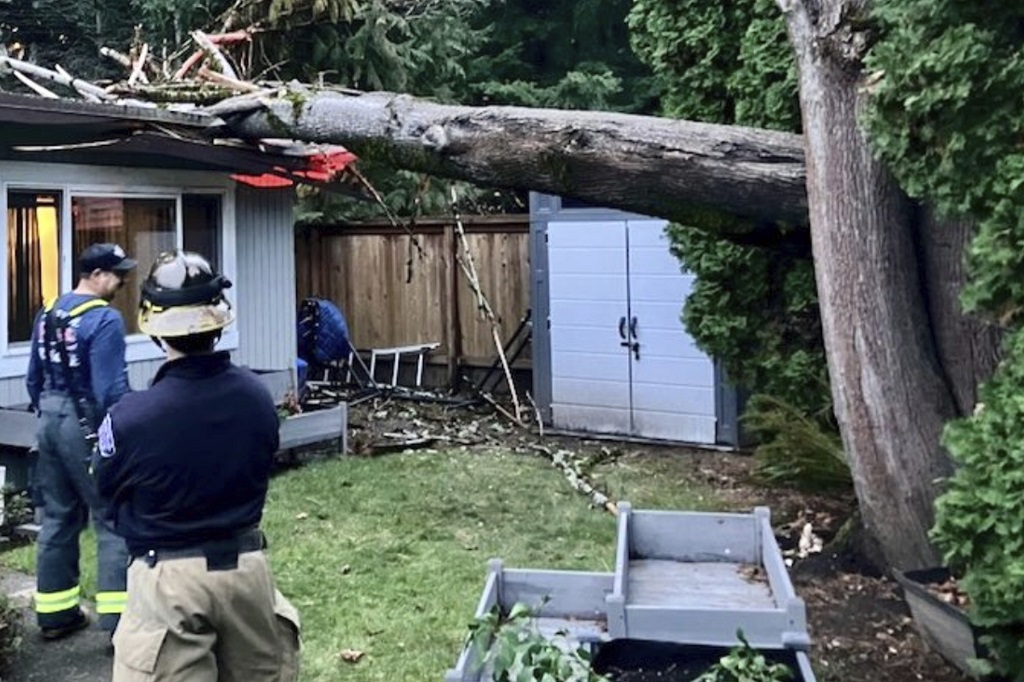Op-ed: Preparing to produce in impossible environments

By Dr Manuel Otero, Director General of IICA, and Fernando Mattos, Minister of Livestock, Agriculture and Fishing in Uruguay
The Central-West region of Brazil, home to important biomes like the Cerrado, Pantanal, and part of the Amazon, recently hosted the G20 Agriculture Working Group meeting, which concluded with a historic consensus declaration.
The meeting was organised by the G20 Presidency, held this year by Brazil. The country’s Minister of Agriculture and Livestock, Carlos Fávaro, was responsible for leading sensitive negotiations that resulted in 23 ministers and representatives from nearly 50 countries approving a declaration of commitment to sustainable agriculture. This document recognised that climate change is here to stay, and its effects are intensifying, making it necessary to take concrete actions to face this new reality.
According to the Group’s consensus, this means that agriculture must be transformed to cope with the accelerated consequences of climate change and the rising global food insecurity. It also acknowledged that sustainable agricultural practices are essential to mitigating these effects and ensuring adequate nutrition for all.
Other commitments, which will be included in the declaration of the G20 Heads of State and Government meeting in November in Rio de Janeiro, address ending hunger and promoting social inclusion by creating economic opportunities for small farmers and other vulnerable communities.
The Working Group also emphasized the need to restore degraded pastures and adopt measures to integrate them into sustainable agricultural practices, such as using bio-inputs and technologies, and highlighted the importance of local and international trade in food distribution to support sustainable economic development, especially in emerging countries.
The decision to set the course for transforming agri-food systems was made in the best possible place and at the right time, in full contact with the new climate scenarios confronting agricultural production.
Mato Grosso and much of the Central-West region of Brazil—key for grain cultivation in the country and for global supply—experienced almost 160 days without rain during this southern hemisphere winter (and part of the current spring), one of the longest dry periods in history, with air humidity at critically low levels.
This situation, observed in other parts of the world as well, is self-reinforcing. Approximately one-third of the planet’s soils are degraded. Some 200 million people have been affected by natural disasters in the past two decades, including floods, extreme droughts, and increasingly intense weather events, with negative impacts on agriculture that later evolve into social, political, and economic shocks. Another 215 million people will become climate migrants in the coming years.
In this context, the challenges facing agriculture are growing.
In addition to the demands for food and nutritional security, safety, rural and territorial development, and sustainability, issues like energy security have also emerged.
To face these challenges and meet the guidelines set by the G20 ministers in Mato Grosso, it is essential to build and accelerate this transformation agenda.
The new frontier of science, technology, and innovation offers opportunities for a true transformation of agri-food systems, preparing us and enabling production in truly impossible environments.
This is the path forward to solidify this agenda through biofortification and nutrition, synthetic biology, digital agriculture, biofuels, biotechnology, gene editing, and soil health, all aimed at charting a course toward efficiency, sustainability, restoration, decarbonisation, and harnessing biodiversity and nature.
We must also project the next generation of public policies for the sector, definitively internalising the environmental vision, as the transformations in agriculture over the next quarter-century will be more significant than all the progress agriculture has made in the last 10,000 years.
The rapid and effective structuring of this agenda is a shared responsibility of governments, the private sector, academia, international technical cooperation, financing entities, and civil society, in order to achieve results in confronting climate change and its mitigation, and overcoming the multidimensional crisis it causes.
The future is not random. Its design depends on our decisions.
It’s time to produce with the right approach, meeting current needs without compromising future generations’ ability to meet theirs.






